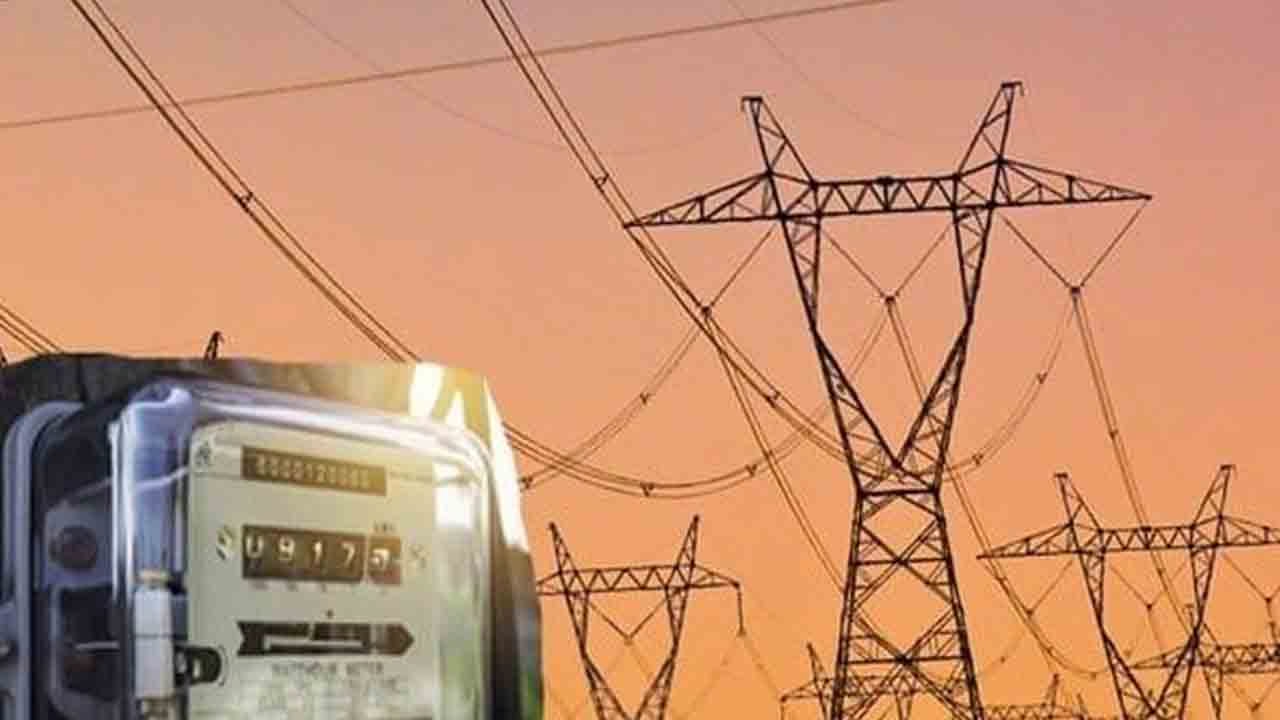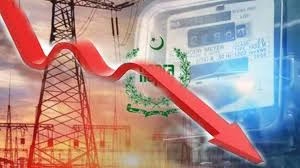The Prime Minister has directed the Power Division to expedite the installation of smart meters across Pakistan, yet the distribution companies (DISCOs) have struggled to meet this mandate. Despite payments made by consumers and completion of necessary processes, new meter installations remain stalled. This delay has not only inconvenienced consumers but also caused a significant decline in electricity sales, further exacerbating economic challenges.
Stalled Connections Despite Consumer Payments
Documents obtained by Dunya News reveal that 137,862 new electricity connections were not installed during 2024. Even with surplus electricity available, approximately 573 megawatts remain unsold due to the absence of new meters. This issue primarily affects domestic consumers, who make up the largest portion of pending connections.
The data highlights that:
- 129,948 Domestic Consumers: Individuals and families awaiting meter installations for over a year.
- 6,644 Commercial Consumers: Businesses unable to access electricity for operations.
- 331 Industrial Consumers: Factories and industrial units facing operational delays.
- 171 Agricultural Consumers: Farmers deprived of electricity essential for irrigation and farming.
- 768 Other Consumers: Miscellaneous cases impacted by the delay.
These delays have led to widespread dissatisfaction among consumers, who have fulfilled all requirements yet remain without access to electricity.
Regional Disparities in Meter Installations
The pace of meter installation varies significantly across regions, with some areas experiencing severe delays:
- Multan Electric Supply Company (MESCO): Over 57,000 pending connections.
- Lahore Electric Supply Company (LESCO): More than 44,000 stalled installations.
- Faisalabad Electric Supply Company (FESCO): Over 17,000 disrupted connections.
- Gujranwala Electric Power Company (GEPCO): More than 9,000 pending installations.
These delays highlight inefficiencies within distribution companies, undermining government efforts to improve electricity accessibility.
Impact on Electricity Sales and Prices
The lack of new connections has directly contributed to declining electricity sales, with surplus electricity going unsold. This underutilization not only impacts revenue for DISCOs but also affects electricity prices.
Power Division sources have noted that the continuous decline in demand is creating a ripple effect:
- Reduced Revenue: DISCOs are losing potential earnings due to unsold electricity.
- Price Instability: Efforts to lower electricity prices are undermined by decreasing demand.
- Economic Implications: The decline in electricity consumption affects industrial growth and overall economic activity.
Government’s Push for Smart Meters
Smart meters are a critical component of the government’s strategy to modernize the power sector. These devices provide real-time data on electricity usage, helping consumers manage their energy consumption more efficiently while enabling DISCOs to reduce power theft and losses.
The Prime Minister’s directive to expedite smart meter installations underscores their importance. However, the failure to install even traditional meters highlights systemic inefficiencies that must be addressed urgently.
Consumer Frustration and Economic Costs
For many consumers, the delay in meter installations has been a source of significant frustration. Some have been waiting for over a year despite paying the required fees and completing all formalities. This situation has:
- Eroded Trust: Consumers are losing confidence in the ability of DISCOs to deliver services.
- Hindered Development: Businesses and industries reliant on electricity are unable to operate at full capacity.
- Agricultural Impact: Farmers are facing delays in accessing electricity for irrigation, affecting crop yields.
The Role of DISCOs in Declining Demand
Sources within the Power Division point to the distribution companies’ inefficiencies as a key factor in the decreasing demand for electricity. By failing to install meters, DISCOs are inadvertently contributing to a downward spiral in electricity consumption.
This issue calls for immediate action to ensure that consumers receive the services they have paid for, and the surplus electricity is effectively utilized.
The Way Forward
To address these challenges, the following steps are recommended:
- Streamlining Meter Installations: DISCOs must prioritize the installation of pending meters and allocate resources efficiently.
- Enhancing Accountability: Transparent mechanisms should be introduced to monitor the performance of DISCOs and hold them accountable for delays.
- Promoting Smart Meter Adoption: Accelerating the rollout of smart meters will not only improve operational efficiency but also enhance consumer satisfaction.
- Public Awareness Campaigns: Educating consumers about the benefits of smart meters can drive demand and facilitate smoother implementation.
The delays in smart meter installations have far-reaching implications for Pakistan’s power sector and economy. By addressing these inefficiencies, the government can restore consumer trust, boost electricity sales, and stabilize prices. Accelerating the installation process is not just a matter of convenience but a critical step toward achieving sustainable economic growth.



